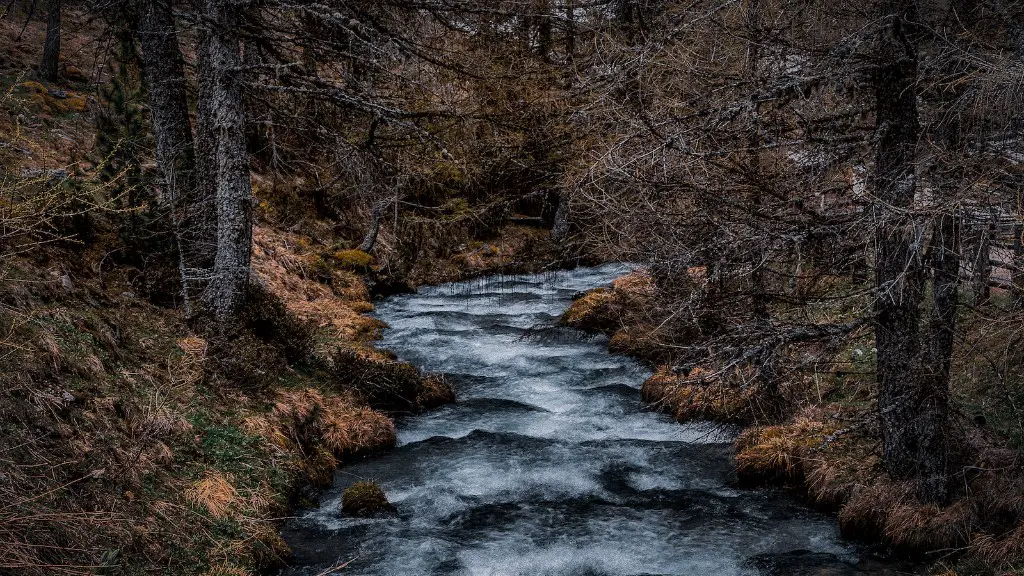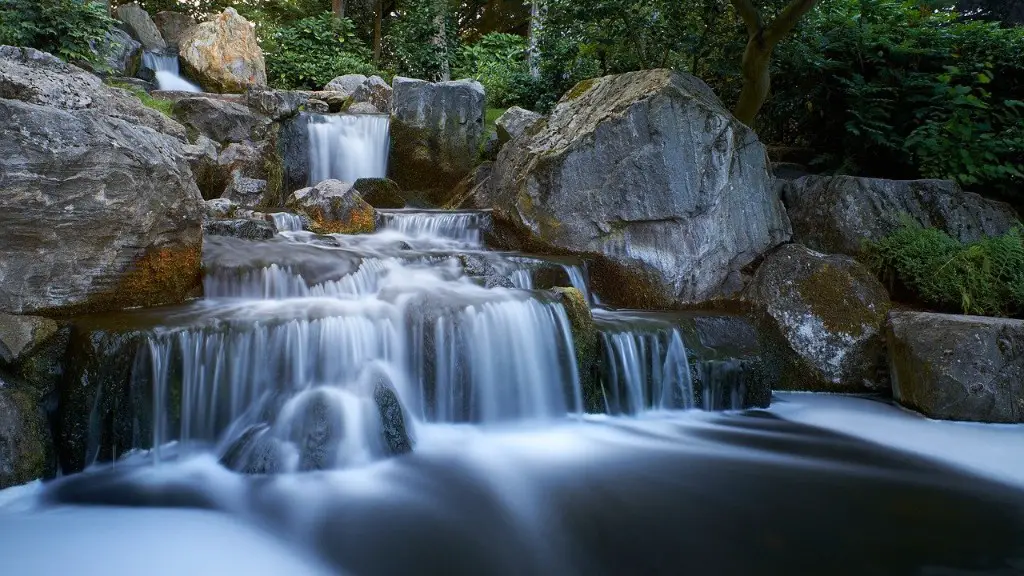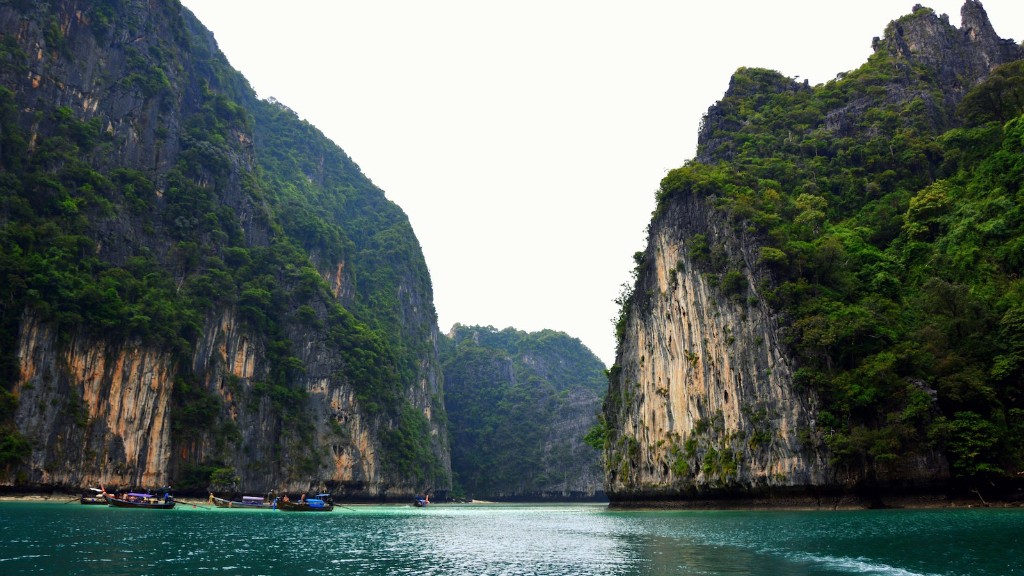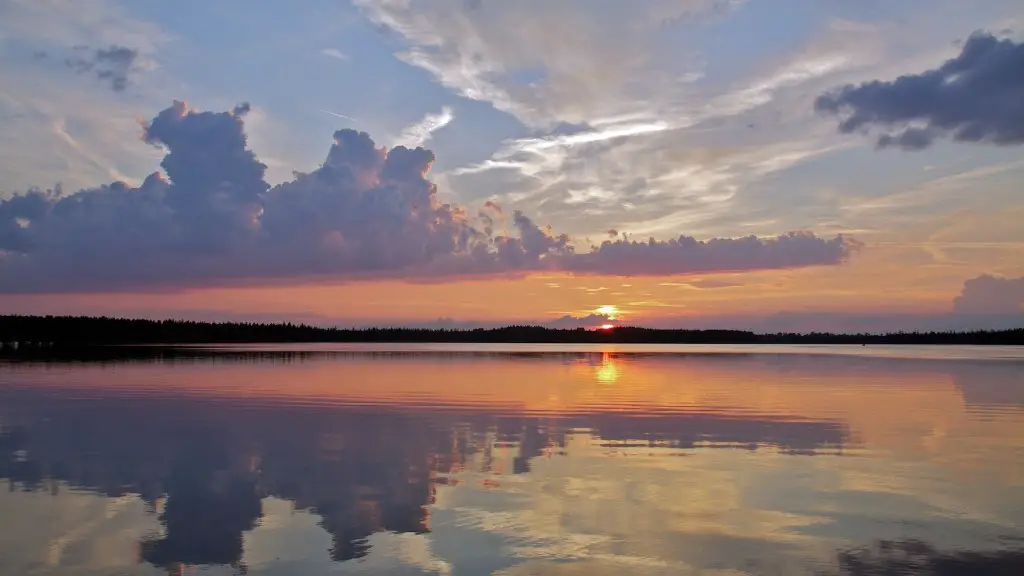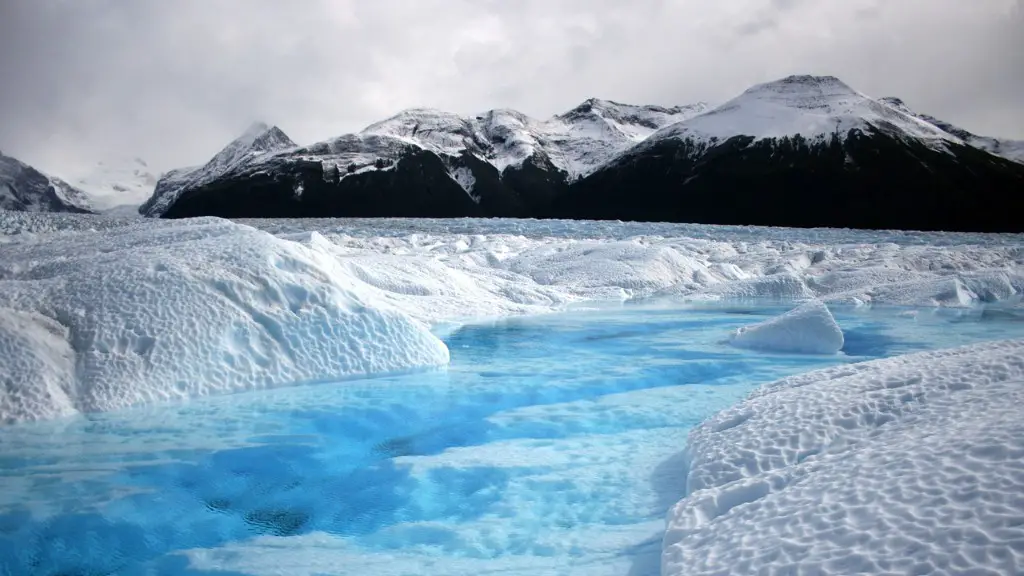The Mississippi River Delta is one of the most productive wetlands in the world. It serves as habitat for fish, birds, and other wildlife. It is a crucial part of the United States’ water supply and natural defense systems, providing vital storm and flood protection. But the delta is now facing a mixture of environmental threats that could destroy its delicate ecological balance.
Experts worry that the accelerated erosion of the delta’s marshlands is a direct result of human activity such as land clearance, urban development, and water diversion. The destruction of the marshes allows water to easily pass through, instead of slowing and absorbing it. This causes the delta to lose its natural protection from tropical storms and hurricanes. Additionally, the destruction of marshlands threatens numerous species of wildlife that rely on the area for habitat, food, and protection from predators.
The introduction of toxic chemicals and pollutants into the delta’s waters has also put the entire environment at risk. Projects like the bonnet carré spillway have exacerbated water shortages in the delta, which affects wildlife and reduces the effectiveness of the area’s wetlands in providing protection from storms. Further, the dumping of dredge materials from the Mississippi River into the delta has introduced high levels of sediment into the ecosystem, causing the shift and erosion of natural habitats. This ultimately leads to a decrease in biodiversity and an increased vulnerability to predators.
In order to protect the delta, its natural processes must be fully understood. Strict regulations must be put into place to ensure environmentally responsible activity. Additionally, state and federal governments must invest in effective management of the delta’s waters, including the implementation of plans designed to restore and maintain the health of its ecosystems.
Moreover, education and awareness of the threats to the delta are essential in order to promote policies that seek to protect the area. For instance, educating the public on the consequences of water diversion, land clearance, and urban development is crucial if we hope to create meaningful change. Moreover, programs should be established to incentivize or reward individuals who take action to protect the delta.
Restoring Habitats
Restoring habitats within the delta is a vital part of protecting the area’s ecosystems. In particular, restoring the marshland habitats of species like the white ibis, the brown pelican, and the American alligator are essential to ensure the biodiversity of the area. To this end, projects such as the Mississippi Delta Restoration Initiative aim to reduce land losses due to coastal erosion caused by both natural and human impacts.
The initiative also works to re-establish thousands of acres of marshland, providing vital habitat for wildlife and protecting the area from storms. Additionally, the initiative works to restore the damaged shorelines and increase the water-absorption capabilities of the marshes.
The initiative has had some success in restoring habitats within the delta. For instance, the initiative has managed to plant thousands of acres of wetland plants, shrubs, and trees. These new plantings can serve as a refuge for fish and other wildlife, while also providing the nutrients they need to thrive. Furthermore, the initiative has worked to reduce pollution levels in the area, which has helped to improve the health of the fish and other species living in the delta.
Advocating for Protection
Advocates are playing an important role in protecting the delta. With the help of nonprofit organizations and public outreach, advocates are working to raise awareness of the threats to the delta and the importance of protecting its ecosystems. Through this activism, advocates have been able to push for stricter regulations and policies to protect the delta.
Additionally, advocates are working to increase the number of public investments in projects like the bonnet carré spillway. Increased investments in such projects can help to restore water diversion in the delta, providing greater protection from storms and flooding.
Moreover, advocates are striving to increase educational and outreach opportunities for the public. Through this, they hope to raise awareness about the threats to the delta and the importance of protecting its ecosystems.
In addition, advocates are encouraging the adoption of sustainable practices in areas near the delta, such as reforestation, water conservation, and reduced fertilizer usage. Such practices can help to reduce the amount of pollutants entering the delta and protect its aquatic habitats.
Legislative Action
Legislative action is an important element in the fight to protect the Mississippi River Delta. Through legislation, advocates can push for stricter environmental regulations, increased investments in projects like the bonnet carré spillway, and stronger protections for the delta’s wildlife and habitats.
At the federal level, the United States Congress is taking steps to protect the delta. In particular, the Mississippi Delta Protection Act of 2018 seeks to reduce the risk of flooding by authorizing increased funding for projects to restore and protect the area. Additionally, the monument designation of the Grand Bay National Wildlife Refuge in 2020 afforded greater protection for the delta’s wetlands and waterways.
At the state level, local government officials are working to pass policies to mitigate the damage to the delta. For example, in Louisiana, the state issued the Louisiana Comprehensive Master Plan for a Sustainable Coast, which works to protect coastal wetlands and rivers by implementing projects like sediment retention,shoreline protection, and wetland restoration.
Overall, the implementation of legislative measures is an important step towards protecting the delta. Public investments and the development of regulations can help to reduce the environmental threats facing the delta and protect its precious ecosystems.
Litigation Efforts
Litigation efforts are a powerful tool in fighting to protect the delta. Through litigation, advocates can challenge abusive practices and fight for stricter environmental regulations.
For instance, in 2020, environmental advocates and conservation groups filed a lawsuit against the United States Corps of Engineers for their failure to protect the delta from the effects of upstream water withdrawals. The lawsuit seeks to force the Corps of Engineers to reduce the rate of water withdrawals, which could help to reduce the tendency for storms to flood the area.
Additionally, the lawsuit seeks to assess the economic, ecological, and cultural impacts of the Corps’ actions and force the Corps to take steps to mitigate them. This includes implementing initiatives to restore wildlife habitats and reducing the effects of storms and floods on the delta.
Ultimately, litigation is an important part of protecting the delta, as it enables advocates to make legal challenges to environmental degradation. With a court ruling, more effective regulations can be put into place, which can lead to greater protection of the delta’s waterways and habitats.
Community Engagement
Finally, community engagement is essential to the protection of the Mississippi River Delta. Through grassroots efforts, members of the community are advocating for greater protection of the area and pushing for regulations to reduce the negative impacts of human activity.
For example, local organizations like the Mississippi River Delta Restoration Coalition are working to educate the public on the importance of the delta and the environmental threats it faces. Through public outreach, they are pushing for increased investments in restoration projects and pushing for policy changes to mitigate the damage caused by human activities.
In addition, community members are also organizing volunteer days and public events where people can learn more about the delta and take action. Through these events, community members are able to raise awareness of the delta’s ecological value and push for the implementation of policies and regulations to protect it.
Overall, community engagement is critical when it comes to protecting the delta. Through grassroots efforts, members of the community can work to raise awareness and bring about meaningful change that can protect the area’s unique ecosystems.
